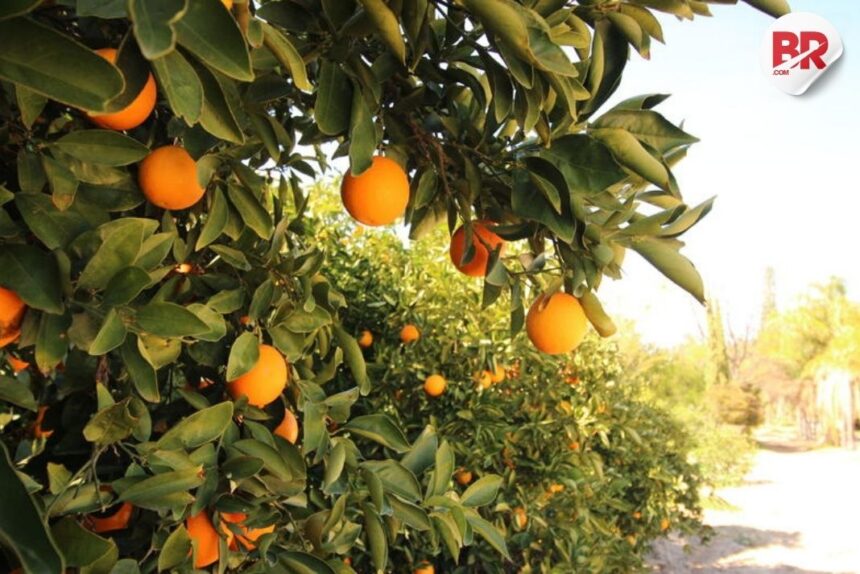The livelihoods of tens of thousands of South African farm workers are under threat after the United States imposed steep new tariffs on citrus imports from the country. Industry leaders warn that the US tariffs on South African citrus could push rural communities toward collapse and shatter the country’s position in global trade.
Tariffs Hit Just as Export Season Begins
On April 2, former President Donald Trump announced a 31% tariff on South African citrus, translating to an added cost of around $4.50 per carton. This sudden increase comes as farmers begin packing fruit for the US market this week.
“It’s devastating timing,” says Gerrit van der Merwe, chair of the Citrus Growers’ Association. “Our farmers are scrambling to understand how to survive this blow.”
South Africa is the world’s second-largest citrus exporter, only behind Spain. The US has long been one of its key markets, importing roughly $100 million worth of citrus annually—around 5-6% of the country’s total citrus production.
Communities at Risk of Economic Collapse
Small farming towns like Citrusdal in the Western Cape, which rely almost entirely on the citrus export economy, are at risk of what van der Merwe calls “total economic collapse.”
“There is immense anxiety in our communities. These tariffs could mean unemployment—or worse—for thousands,” van der Merwe warns.
The industry estimates that over 35,000 jobs are at stake, particularly seasonal jobs tied to harvesting, packing, and logistics. For many rural families, citrus farming is the only source of income.
Also Read: Tariff Trouble: Japan Debt Sales Worth $678M Put on Hold
A Blow to AGOA and Trade Relations
The tariffs also challenge the African Growth and Opportunity Act (AGOA), a long-standing trade agreement that granted duty-free access to the US for eligible African countries, including South Africa, since 2000.
South Africa’s government has expressed strong disappointment but says it will not retaliate. Instead, officials aim to negotiate a resolution, calling the tariffs “unfair and unjustified.”
“We believe this action undermines decades of cooperation and the spirit of AGOA,” said a trade department spokesperson.
By the Numbers
- $100M/year: Value of South African citrus exports to the US
- 5-6%: Share of total citrus production exported to the US
- 31% tariff: New duty imposed by the US as of April 2
- $4.50/carton: Additional cost due to tariffs
- 35,000+: Jobs at risk across the citrus sector
Also Read: Trump Tariffs Trigger Market Trillion-Dollar Plunge
Farmers Urge Government to Act Swiftly
With the export season already underway, industry groups are pleading for immediate government support. Possible interventions include emergency subsidies, lobbying US trade officials, and redirecting exports to alternative markets in Asia and the Middle East.
But time is short. “Every box of citrus delayed or rerouted is money lost—and jobs lost,” van der Merwe adds.
What’s Next?
As diplomatic efforts begin, the citrus industry is left in limbo. The next few weeks will determine whether South Africa can maintain its foothold in the American market—or lose it entirely.
For now, the mood in citrus-producing regions is grim, but hopeful. Farmers are resilient, but this blow, many say, feels personal.
Also Read: ‘A Mistake on Top of a Mistake’: China Warns U.S. Over Tariffs




